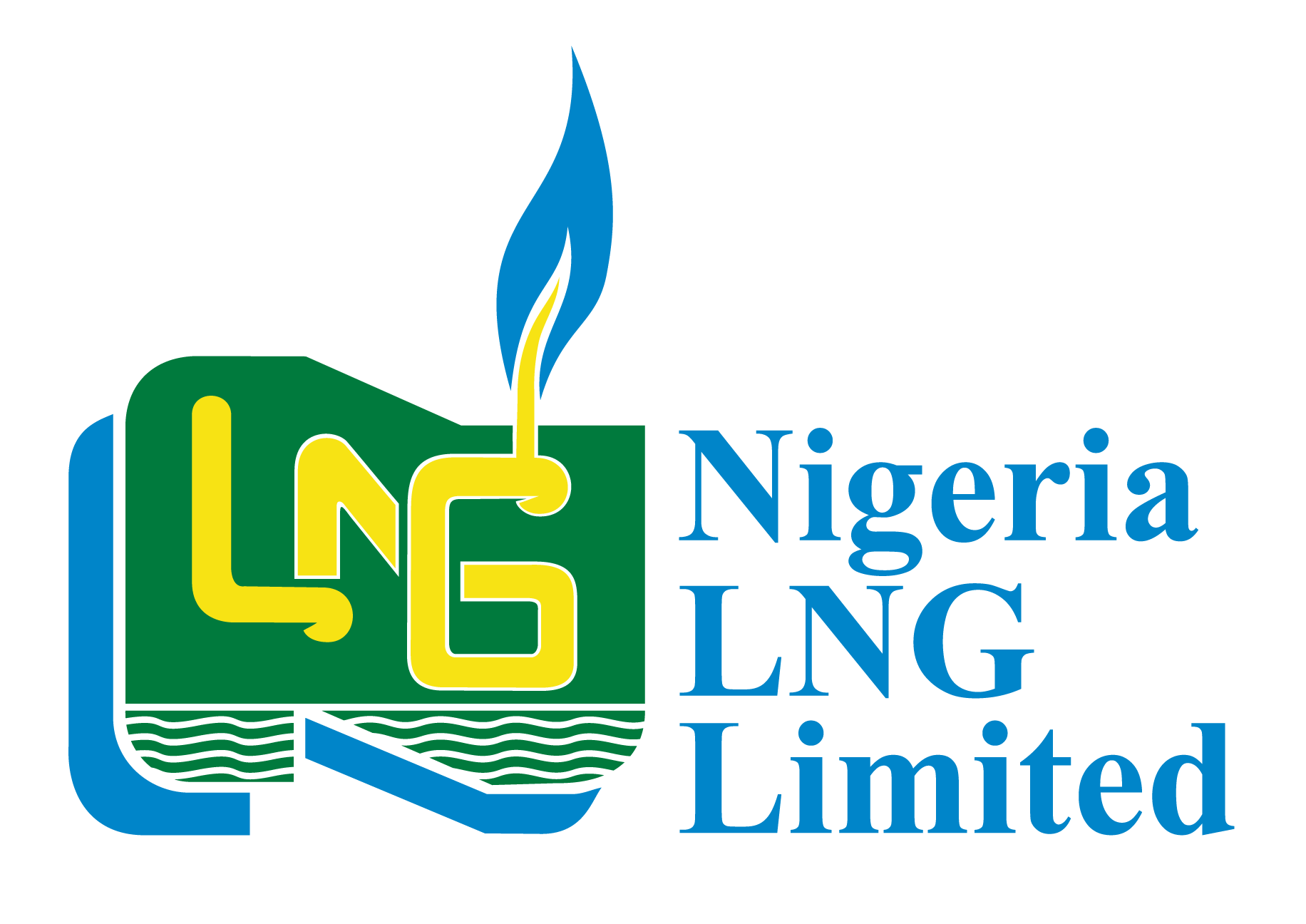
The annual World Environment Day held on June 5 with the theme sharply focused on biodiversity, a shared global concern that compel concerted and coordinated action plans and diversified investments in programmes that seek to preserve natural flora and fauna amid surging industrial pollution.
The United Nations Environment Programme (UNEP) which coordinates the annual global event declared in a statement: “It is, without a doubt, time for nature.”
In Nigeria, the federal government seized the mood of the season to nominate the Finima Nature Park for promotion into a world class conservation site recognized by the United Nations under the intergovernmental environmental treaty on wetlands.
The park covers 1,000 hectares of freshwater swamp forest lying along Nigeria’s southern coastal area on Bonny Island, Rivers State. The park was designated an internationally acclaimed centre for Wetland Education and became a member of Wetlands Link International in 2019. This made it one of the 350 Wetland Centres globally and the second in Nigeria.
A Ramsar site is a wetland designated to be of international importance under the Ramsar Convention which is an intergovernmental environmental treaty established by the United Nations Educational, Scientific and Cultural Organization (UNESCO) in 1971.
The nation’s expanding gas liquefaction company had in February received a letter of nomination from the Federal Ministry of Environment to make Finima Nature Park a Ramsar Site of International Importance.
The letter of nomination is the company’s last requirement for the attainment of Ramsar Site status, having met all the other conditions, including being a haven for migratory birds and a Wetland Education Centre. On completion of the process, Finima Nature Park will be listed as one of the 2, 300 sites in the world.
Finima Nature Park is one of the prime symbols of environment conservation efforts of NLNG, a company primarily established to earn huge foreign exchange income for the county by harnessing, processing and selling natural gas hitherto flared at the country’s oil production sites in the Niger Delta.
The company has so far converted over 6.37 trillion cubic feet of associated gas to Liquefied Natural Gas (LNG) and Natural Gas Liquids (NGLs) in the past 20 years, thus helping cut gas flares in the country from over 60% in 1999 to less than 20%. The gas valorization operations earned the company over $100 billion or N36 trillion gross income in the first 20 years.
Managing Director of NLNG Ltd, Mr. Tony Attah stated: “NLNG’s financial contributions to Nigeria and the Niger Delta have been significant. It has committed more than $200 million to corporate social responsibility projects in the Niger Delta especially in the areas of capacity building and infrastructure development.
“The company also recently signed a Memorandum of Understanding with Bonny Kingdom for the economic development of the Kingdom over a 25-year period. In that MOU, NLNG committed to providing N3.0 billion per annum which cumulatively, is N75 billion in 25 years to the sustainable development of Bonny.”
With the activities of the 2020 WED, NLNG has not only solidified delivery of its mandate in curbing gas flares and associated emissions through its highly hyped Train-7 project but also positioning nature conservation and carbon sink programmes in the forefront of its CSR goals.
Finima Nature Park is fondly described by nature enthusiasts pearl on the coast, considering its location on the edge of the continent, constantly kept wet round the years by swings of waters waves from the Atlantic Ocean.
NLNG stated that it recognizes the requirement to balance development needs with the need to adopt a life cycle approach in preserving and protecting biodiversity in its core area of operation; adding that the Finima Nature Park was established in recognition of the importance of the flora and fauna, the sacrifices of Bonny people, and their aspiration and commitment to keeping a permanent record of their natural heritage and culture.
“It is also part of NLNG’s contribution to national and global conservation, in line with Rio Agenda 21, the Ramsar Convention and Convention on Biological Diversity,” the company added.
The Finima Nature Park, a 1000 hectare expanse of land in Bonny Island designated for the sole purpose of Biodiversity Conservation and held in trust through a partnership of both NLNG and the Finima community, covers rain forests and mangrove swamps as well as an ecologically important area of sandy soil with fresh water ponds and tall timber between the swamps and the beach which is a good representation of the Niger Delta ecology.
It harbors medicinal plants and several wildlife species of high conservation value.
There is also a variety of mammals, different bird species (mostly waterfowl) and reptiles, including crocodiles and monitor lizards.
The Park which has the environmental conservation agenda to protect the forests and guarantee species preservation is closed to all extraction and harvesting activities including hunting and gathering.
Currently managed by the Nigerian Conservation Foundation (NCF), plans are underway for the management of Finima Nature Park to be transferred to a Board of Trustees whose members are drawn from the host community and other critical stakeholders in order to encourage community participation and sustainability.
The Finima Nature Park, according to NLNG, also provides grounds for research and development by conducting surveys to establish baselines for monitoring changes in species composition and numbers.
Other development, capacity building and educational programmes revolving round the park include knowledge sharing, agricultural technology, renewable alternative energy technology training courses, and exotic livestock breeding.
“The goal is for the youths to work with the Park to setup demonstration on Agro-forestry and renewable alternative energy projects and build awareness in the community of the efficacy of alternative energy sources,” according to NLNG.




